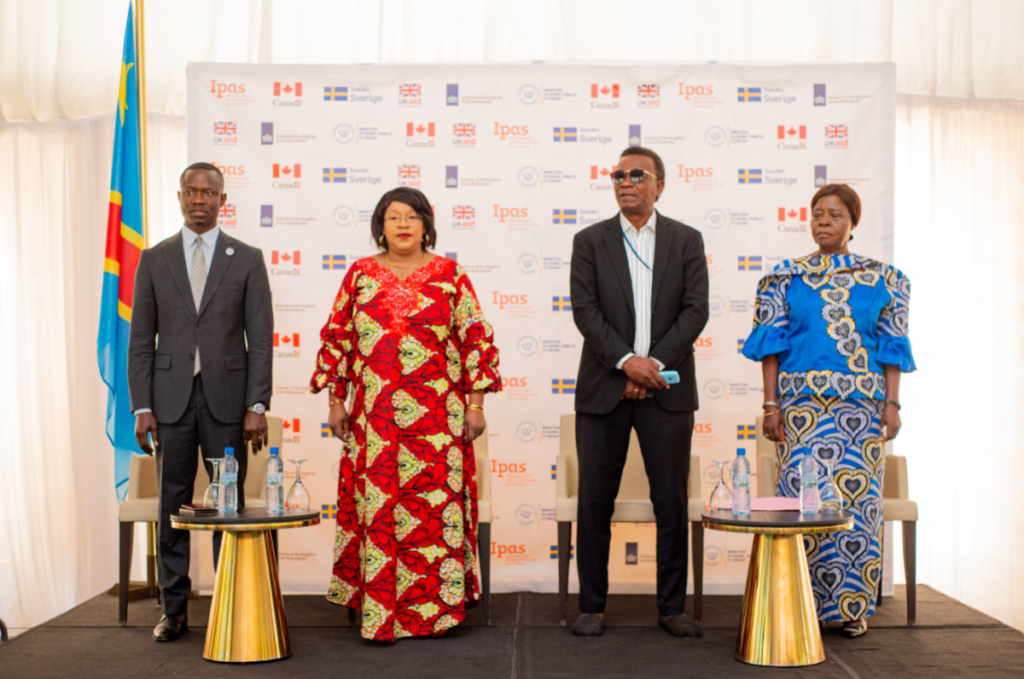We’ve seen companies innovating and adding value in amazing ways over the past few years to save lives, improve the health of populations and generally make peoples’ lives easier and better. Here are four companies doing great things in the health industry, which are worth knowing about:
South Africa has an extremely high cellphone penetration rate, with about one third of the population using them, according to 2019 figures*. This makes it one of the most effective ways for the government and organisations to communicate with South Africans, passing on vital public health information to inform and educate.
At the beginning of the Covid-19 pandemic, the South African government teamed up with the Praekelt Foundation, a local non-profit, to develop a Whatsapp tool that would reply to people’s pandemic-related queries. The bot service answers questions on a range of topics related to Covid-19 including symptoms and treatments, and even helps debunk Covid myths. The bot was so successful that the World Health Organization (WHO) also began using the technology to disseminate accurate Covid-related information so that people were kept informed and updated.
Vula connects a broad range of healthcare workers across the country including pharmacists, GPs and community health workers, providing them with a safe and secure platform to receive advice on treatment plans. It also helps refer patients to specialist services and departments in their specific geographical area. The tool builds the capacity of HCPs through digital-based learning, which occurs during their daily work every time they contact a specialist.
The company was founded by Dr William Mapham in 2014 following his experiences as a rural doctor in Swaziland and as a specialist ophthalmologist himself. With just 11.4 specialists available for every 100 000 South Africans, specialists are under huge time pressure and are simply not always able to attend timeously to all the referrals that come their way. Vula aims to address this issue (and others), using the power of tech to do so.
Fedhealth medical aid scheme has been adding value added benefits
to its offering consistently over the last few years, in order to use technology to keep its members healthy. A recent example of this is their MediTaxi service that transports patients to follow-up medical treatments following a hospital stay (in certain regions) if they don’t have the transport or means to get there themselves. This is important, as a large part of a successful recovery is about continuing with follow-up treatment and care. Unfortunately, many South Africans don’t have their own transport or the budget to pay for transport to get to these follow up appointments. Another tool to support members is a Nurse Line that Fedhealth has developed, which is available for members to call at any time of day or night with their health-related queries, providing qualified, medically-based responses.
Developed in South Africa, Signapps is an app that allows doctors and patients to communicate and store patient records electronically. The app has been rolled out in government hospitals and recently won a contract with the NHS in the United Kingdom.
International studies have revealed that as much as 70%** of all preventable mishaps in healthcare happen due to poor communication (or none at all). Signapps means that clinical updates on patients can be communicated and shared confidentially, so that practitioners can respond in real-time (via the chat service) and communicate better when it comes to logistical and administrative issues between teams.
The app promises to reduce paperwork significantly, providing time savings to care teams of up to 60%, as well as reducing the average length of stay for a patient in hospital by up to 40%.
While the last two years have been challenging, they’ve also forced people to become more innovative – and to value the things that are most important, such as our health. The variety of innovation and value-adds now available in the health industry is a hopeful sign that going forward, we’ll be a healthier society overall.












